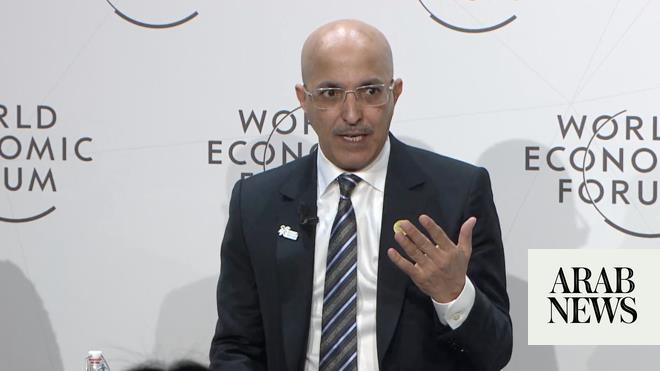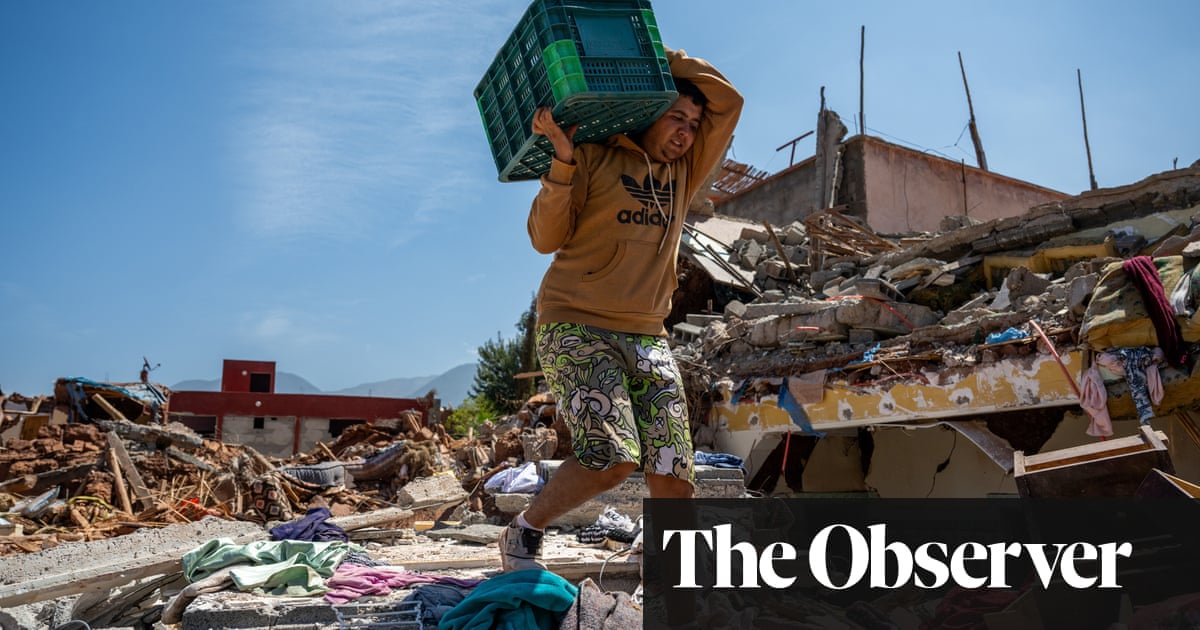
The Gulf region is the bright spot on the dark horizon at a time when the economies of several world countries are facing challenges, according to Kristalina Georgieva, secretary-general of the International Monetary Fund.
In an interview given to CNBC Arabia, Georgieva noted that the Gulf region’s economy is expected to grow 6.5 percent this year, followed by 3.6 percent in 2023.
“The Gulf region is performing very well, which is the bright spot on this dark horizon. We must remember that this world is still witnessing recovery from Covid, and this supports growth,” Georgieva told CNBC Arabia.
She added: “The combination of oil and gas revenues, diversification of the economy and the success of the non-oil sectors with appropriate reforms and prudent policies ensures the current success of this region.”
Georgieva added that the world needs to be united to deal with more shocks that may come in the future.
Her comments came as the IMF released its annual report, which highlighted the importance of providing financial assistance to countries as they face challenges in their economic and financial systems.
In the report, the IMF pointed out the pandemic was a crisis like no other and two years later, the recovery process is being hampered by further global challenges.
“We live in a more shock-prone world. The development of vaccines and unprecedented monetary, fiscal, and financial support, including the IMF’s historic general special drawing right allocation of about $650 billion, made a global recovery possible. But Russia’s invasion of Ukraine upended it, severely setting back global economic prospects,” says the report.
In the 2022 fiscal year, the IMF continued to support its members in three areas; economic surveillance, where 126 health checks have been completed in countries; the lending of $113 billion to 23 countries, including $9 billion to 14 low-income countries; and capacity development, with $242 million provided for practical technical advice, policy-oriented training, and peer learning, the report added.
The IMF report further pointed out that inflation in many countries has risen sharply, triggered by a combination of factors which include surging energy, food, and commodity prices, labor shortages, and supply disruptions.
While attending a conference on food security in Riyadh, Georgieva said that inflation is basically a tax on the poor, and it greatly harms developing countries, CNBC Arabia reported.
During her speech, she also stressed the vitality of adopting effective measures by the government through their fiscal policies to alleviate the cost-of-living crisis for citizens, while also making sure that it does not contradict the measures of central banks.











